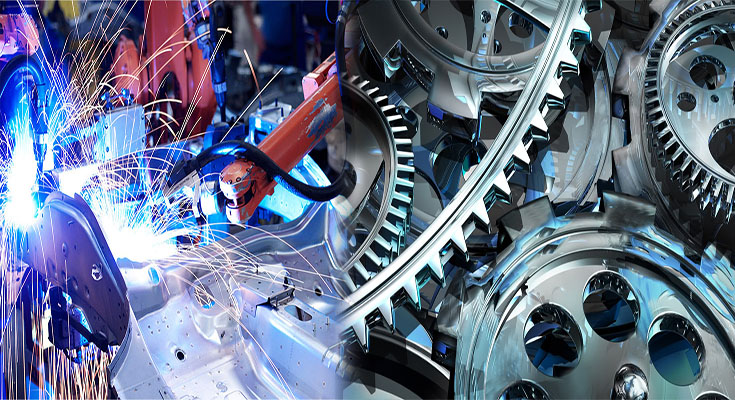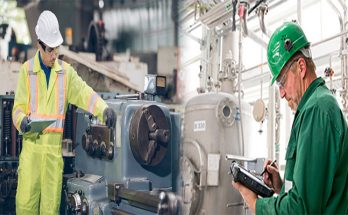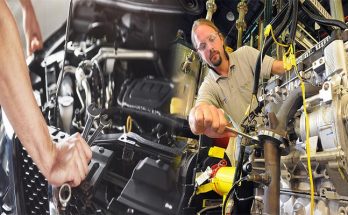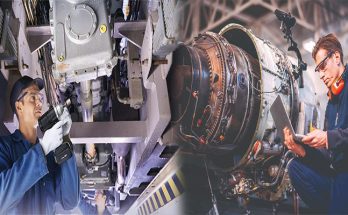The field of mechanical technology is expanding thanks to the latest technological advances. Nanotechnology, for instance, has made it possible to engineer materials down to their elemental levels, giving mechanical engineers a whole new set of possibilities. Another recent advancement is composites, which combine different materials to create new products. CFD, or computational fluid dynamics, has also been making it possible for mechanical engineers to study complicated fluid flows, allowing them to model situations previously impossible to simulate. Acoustic engineering, which studies noise, vibration, and sound, is another field of study. It helps reduce noise and improve the efficiency of devices and biotechnology.
Builds, installs and tests equipment according to the specifications of mechanical engineers
Mechanical engineers are responsible for designing and developing machines and equipment for the manufacturing of various products. These professionals also oversee the installation and operation of these products. These professionals use their creativity and mathematical skills to develop new designs and improve existing ones. Their jobs usually involve using computers to design and simulate new products. They also work to improve manufacturing processes and improve quality.
One of the primary responsibilities of mechanical engineers is designing and manufacturing small internal combustion engines, including diesel and gasoline engines. They are also responsible for designing power plants and equipment used for transportation. In many cases, they also work closely with electrical engineers to create control systems.
Makes prototypes of designs
Prototypes of designs are essential in the design process. They can be used in many different ways throughout the design process. They can be used to test materials, adjust features, and verify functionality. Prototypes can also be used to test new concepts and ideas. This type of development is also known as concurrent engineering. However, it is important to remember that the complexity of a prototype will increase if it is developed simultaneously with the rest of the design process.
Prototypes are important to new designs because they allow engineers to test their theories and design solutions. They also enable them to decide which design will work best in the real world before moving into full-scale production.
Works closely with mechanical engineers
Mechanical engineers can work in a variety of industries, ranging from automobiles to medical diagnostic equipment. They can also design and improve energy systems. Mechanical engineers are often involved in large-scale businesses. They often work with business owners to develop new business initiatives, as well as develop production facilities. In addition, mechanical engineers often advise financial managers on the feasibility of new ideas.
In addition to designing and developing machinery, mechanical engineers also work in the production and maintenance of vehicles. They are often the first in the automotive industry to develop new ideas. Their work involves designing and manufacturing complex mechanical systems, such as cars, motorcycles, and trains.





